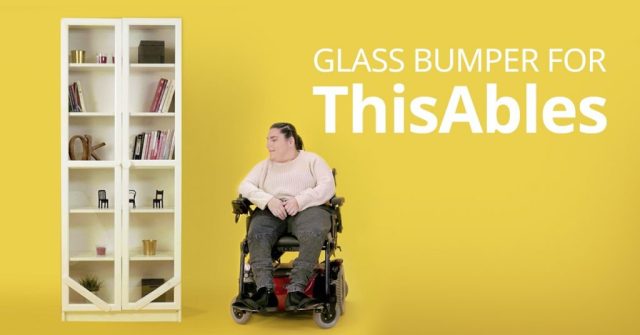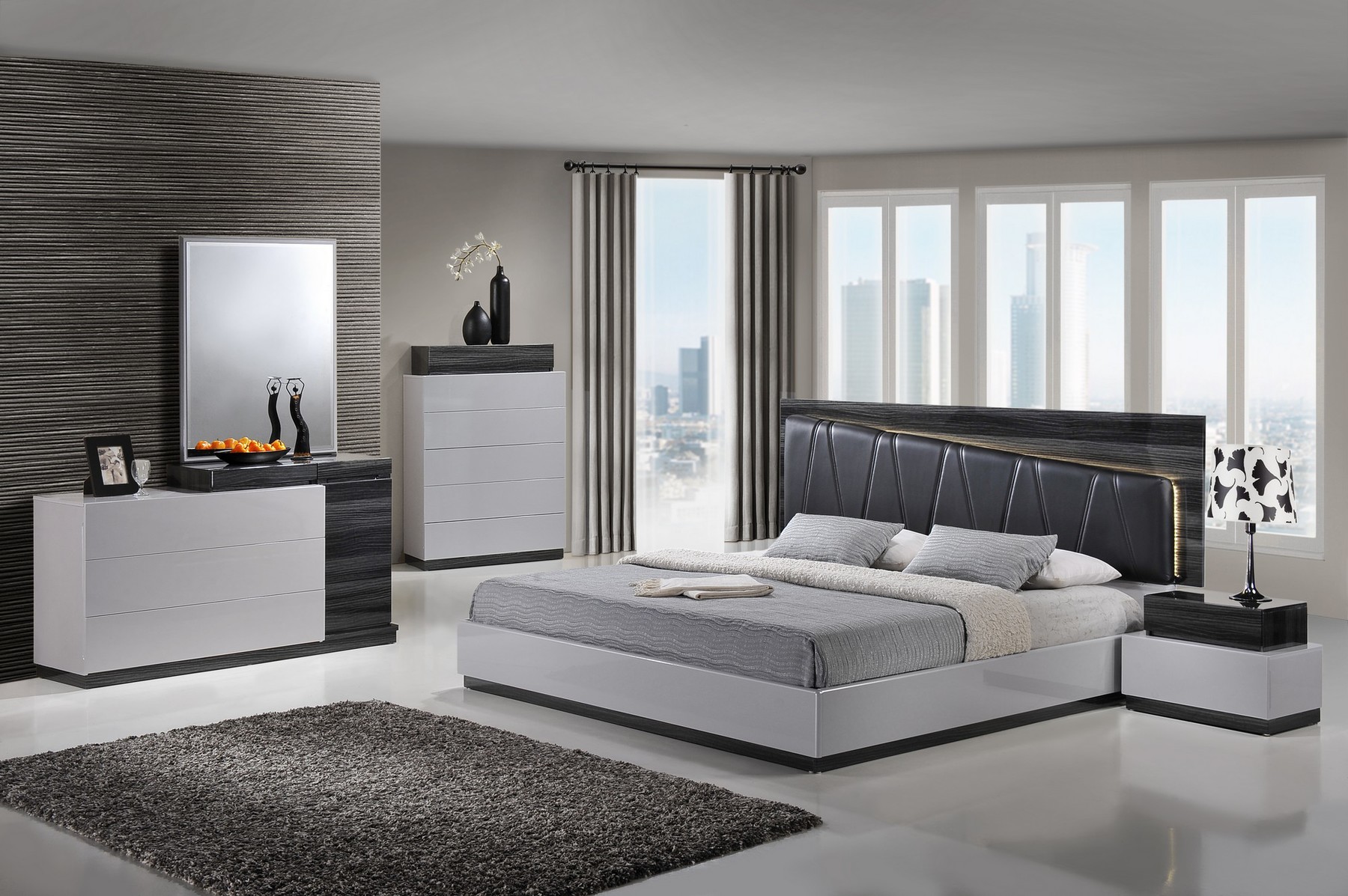
If you’re a person with a disability, then you know how incredibly difficult life can be when it isn’t designed with accessibility in mind. I mean, think about how many of us able-bodied people take daily tasks for granted. People who use mobility devices aren’t able to get into stores where there are steps. People with low vision don’t have the same luxuries that sighted people have when it comes to taking in and reading information. For example – which bus is this that’s approaching the bus stop? Sure, there are some transit providers who provide external bus stop announcements, but that’s not always the case, which means a person with low vision would have to ask the driver which bus they’re driving. The point I’m trying to make is just that life isn’t designed for people with disabilities.
And that’s why I think it’s great when I see companies coming up with ways to ensure that people with disabilities can purchase and use their products. For example – how easy do you think it is for someone with a disability to shop for furniture? Think of all the potential barriers – the website might not meet required standards, or if they go to a store to pick it out, they might not be able to get it home. And, if it’s furniture from IKEA, there’s a good chance that they won’t be able to put it together – and that has nothing to do with a disability. That’s just IKEA furniture.
That said, IKEA is actually trying something new to help people with disabilities be able to purchase and use their furniture. IKEA Israel wants to 3D print pieces that make the furniture easier to use. The store has collaborated with Milbat and Access Israel on ThisAbles, a project that provides 3D printed add-ons for furniture that can be tough to use with certain conditions. Among the 13 initial items are easier-to-grab handles, bumpers to protect cabinets and lifts to raise couches.
This is part of IKEA’s vision to “create a better everyday life for as many people as possible. As a result, this collaboration with Milbat and Access Israel will help IKEA to be able to create specialized solutions for people with disabilities. In addition, they have also developed a new and revolutionary line of products that will help bridge some of the gaps between existing IKEA products and the needs of people with disabilities.
Now, imagine that more companies were doing things like this. People with disabilities could be much more independent than they currently are. Often this lack of independence is seen as laziness or an unwillingness to be able to participate in society. But the truth is, the environment that society has constructed, is not accessible for people with disabilities. What do I mean by that? Well, if I go back to my earlier example about stairs. Why do we need stairs into a building? If a ramp was built in the first place, everyone could use it. Stairs excludes a major percentage of the population. But a ramp doesn’t. So if society could start to see that when it comes to design, it should be inclusive. Meaning – everyone can use the product, regardless of abilities. And wouldn’t that make society just a little bit better?
